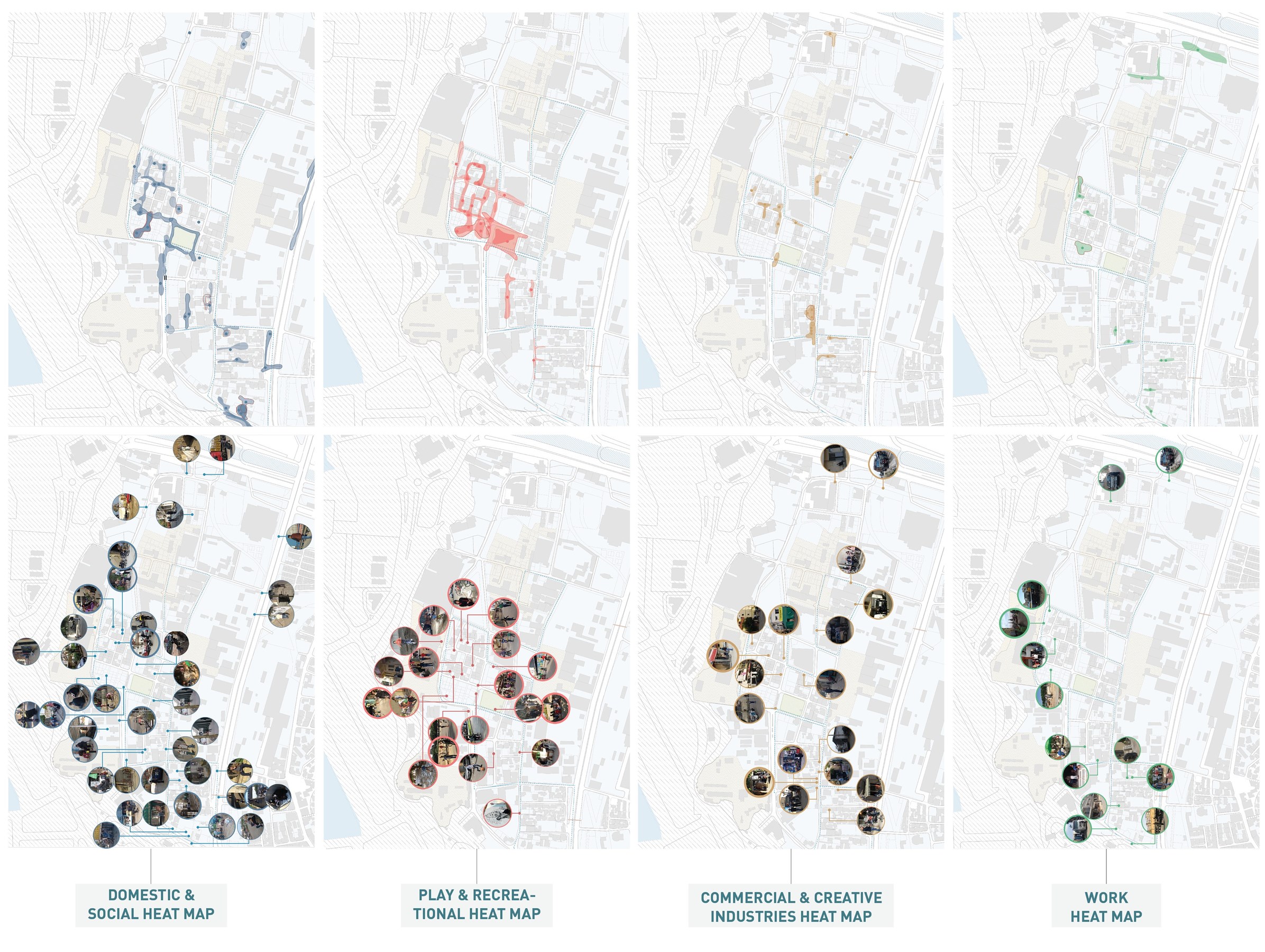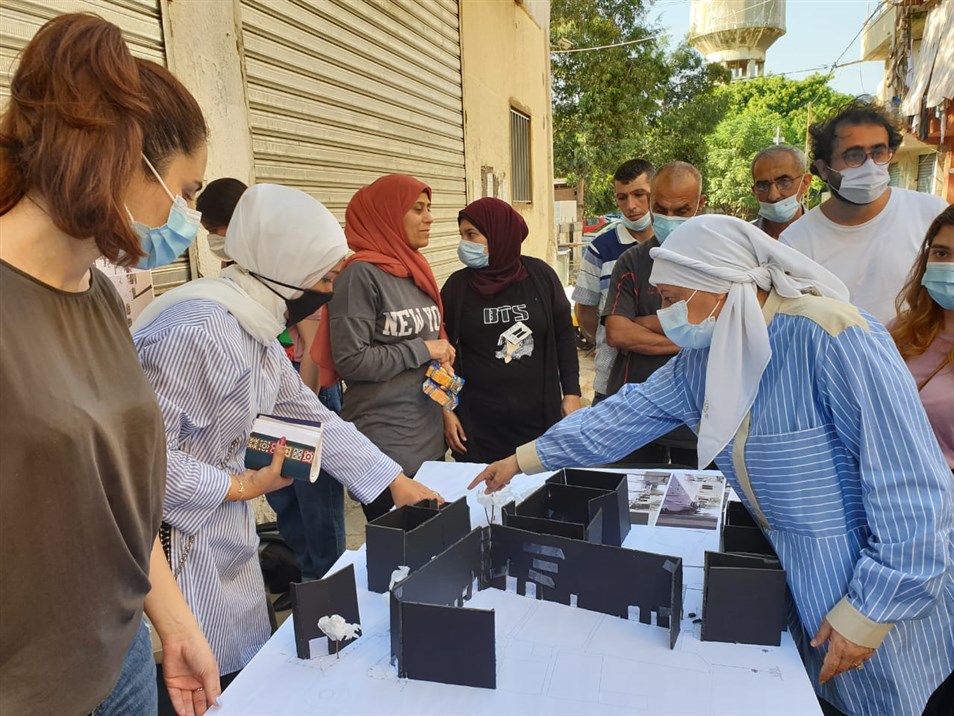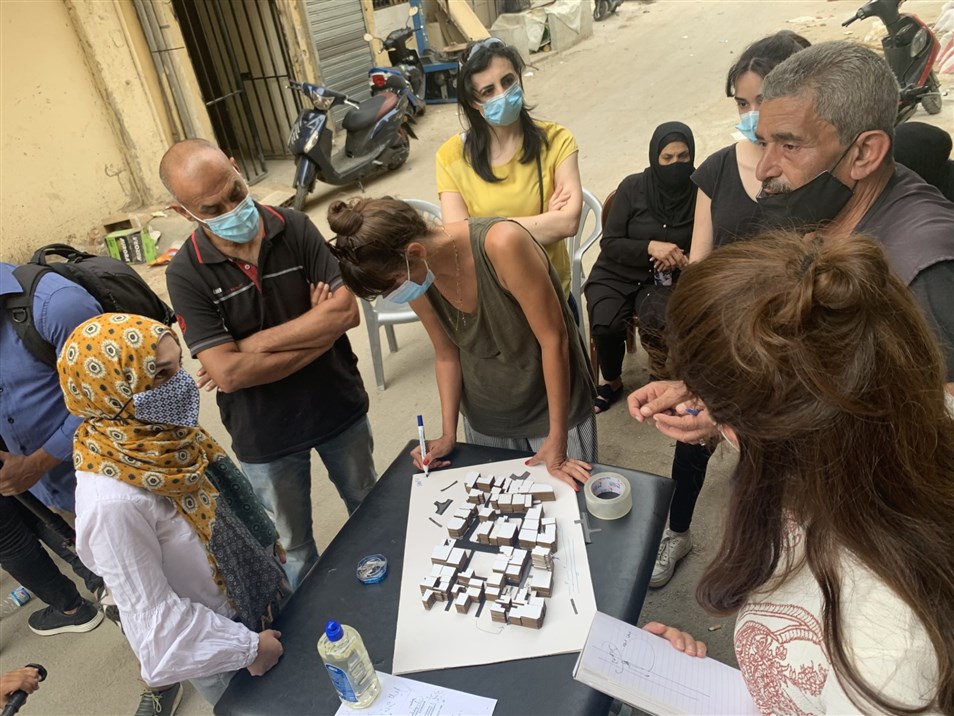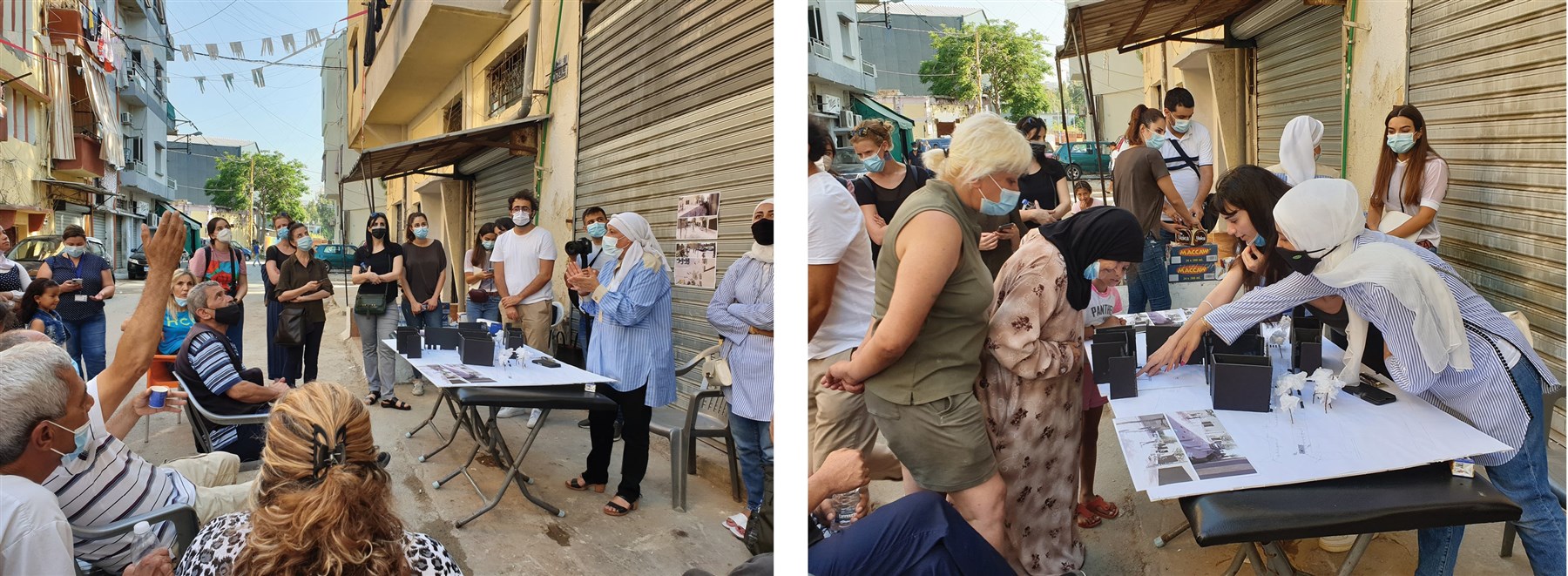The Co-Production of a Shared Community Space in Al-Khodor, Karantina, in the Aftermath of the Beirut Port Blast
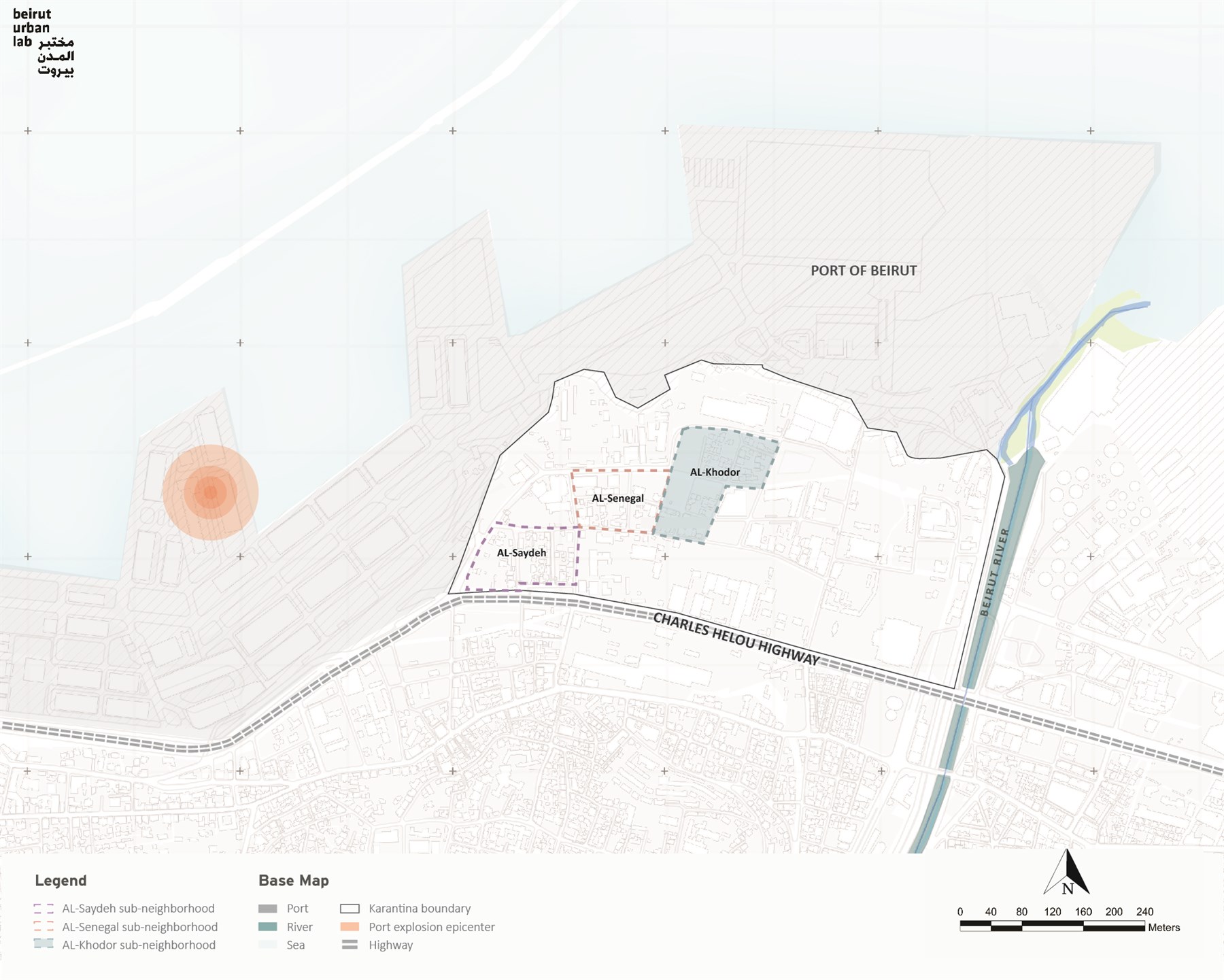
In this paper, Howayda Al-Harithy and Batoul Yassine focus on the rehabilitation of Al-Khodor sub-neighborhood in Karantina, as part of a flexible process that responded to the dynamics on the ground in the aftermath of the Beirut Port blast, the lack of urban planning and design visions and strategies in Lebanon in the absence of an active government, overlapping conditions of vulnerability, a complex socioeconomic structure, and the financial crisis that has been escalating in Lebanon since 2019.
Abstract:
This paper explores urban recovery as a participatory bottom-up process that highlights the importance and social significance of spaces of shared memories in reconstituting the built as well as the sociocultural fabrics of a place. It examines the multiple modes of engaging local communities in the process of recovering and rehabilitating shared public spaces, including organizing workshops to identify a space of common social significance, co-designing and co-producing a spatial intervention, and maintaining the intervention over the long term. The paper focuses on Karantina, a neighborhood in Beirut that became the site of post-disaster recovery in the aftermath of the Beirut Port blast in August 2020, and the spatial intervention that the urban recovery team at the Beirut Urban Lab implemented in the sub-neighborhood of Al-Khodor. In doing so, the paper contributes experiences from recent work on participatory modes of engaging the local community groups in Al-Khodor. It highlights the importance of community participation in researching, designing, implementing, and maintaining spatial interventions in the near absence of an active government in a country such as Lebanon.
You can read the full text on the MDPI website.
